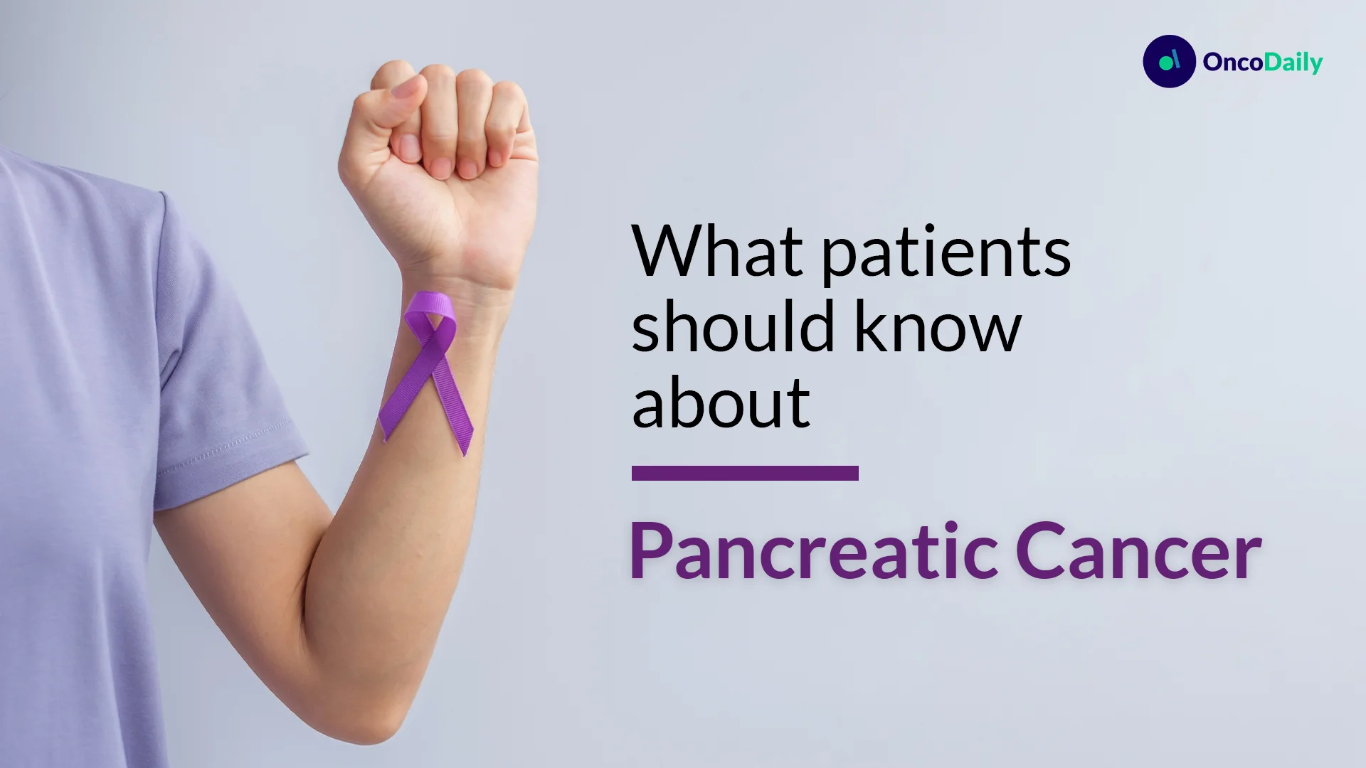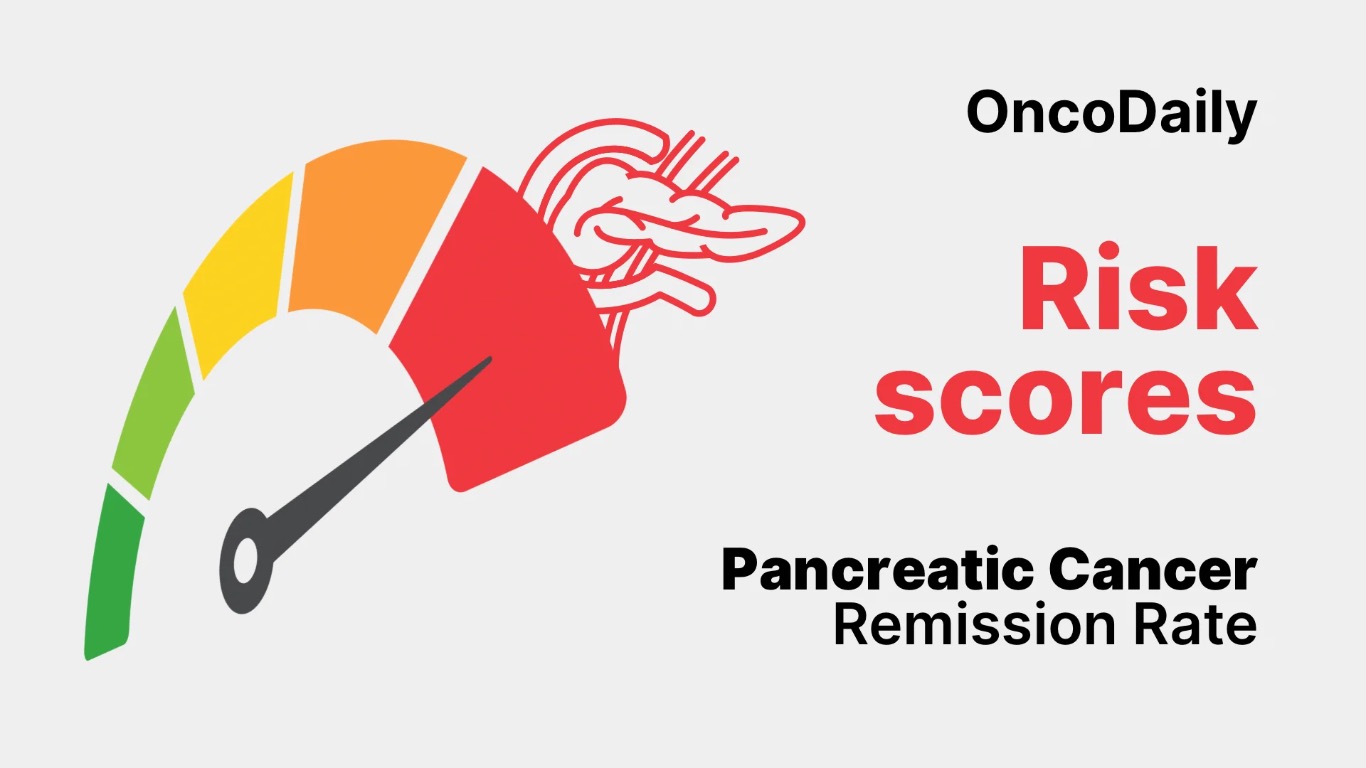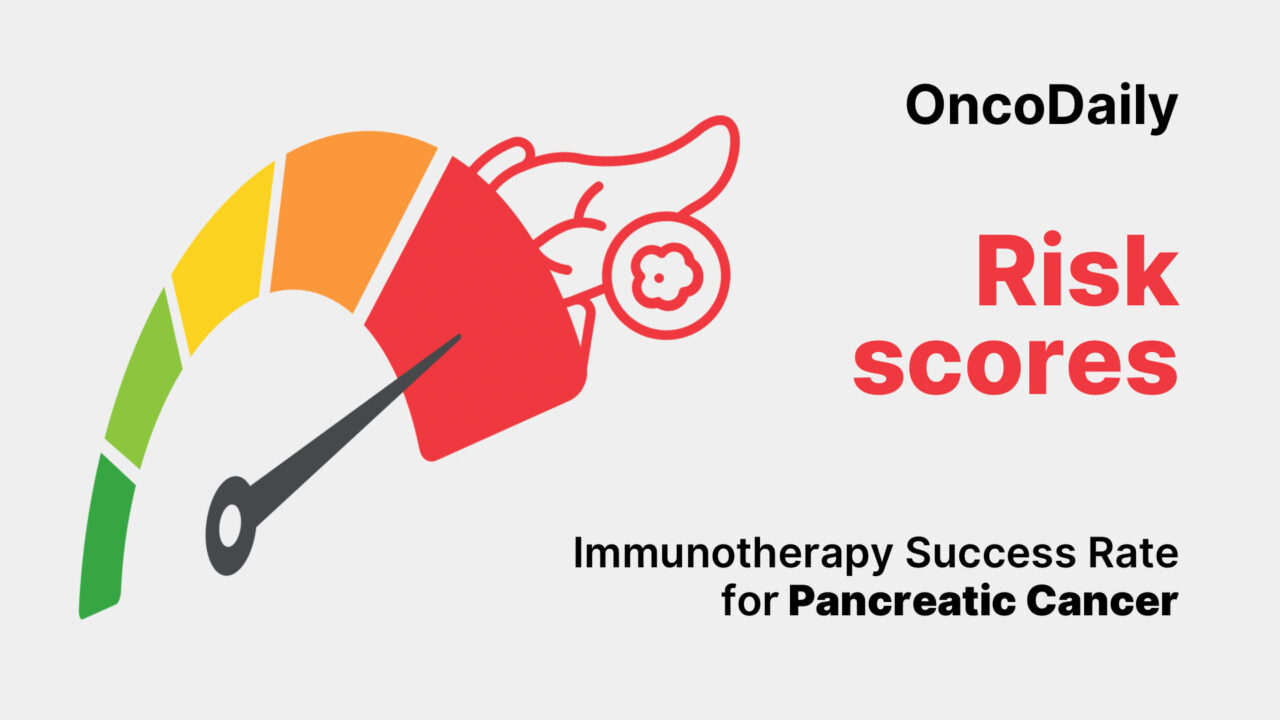The immunotherapy success rate for pancreatic cancer remains one of the most discussed topics in oncology today. Pancreatic cancer is one of the most aggressive cancers, with over 495,000 new cases and 466,000 deaths reported worldwide in 2020 (Sung et al., 2021). Despite decades of research, the five-year survival rate remains under 12%, making it one of the deadliest malignancies (Siegel et al., 2023). Standard treatments such as surgery, chemotherapy, and radiation provide limited long-term benefit, especially since most patients are diagnosed at advanced stages.
Immunotherapy has transformed the treatment landscape for several cancers, including melanoma, lung, and kidney cancers. Understandably, many patients and families ask whether immunotherapy offers hope for pancreatic cancer and, more importantly, what the actual immunotherapy success rate for pancreatic cancer is. The answer is complex, as outcomes vary greatly depending on tumor biology, treatment strategy, and patient characteristics.

Read About Pancreatic Cancer on OncoDaily
Why Pancreatic Cancer Is Resistant to Immunotherapy
The biology of pancreatic ductal adenocarcinoma (PDAC), which represents the vast majority of cases, creates formidable barriers to immunotherapy. The tumor is surrounded by a dense, fibrotic stroma that prevents immune cells and drugs from penetrating. Unlike melanoma or smoking-related lung cancer, PDAC carries a relatively low mutational burden, which means there are fewer neoantigens to alert the immune system. Moreover, the tumor microenvironment is profoundly immunosuppressive, filled with regulatory T cells, myeloid-derived suppressor cells, and macrophages that block anti-tumor activity (Bear et al., 2020; Ho et al., 2020). These factors explain why pancreatic cancer has been one of the least responsive tumors to current immunotherapy approaches.
Immunotherapy Strategies in Pancreatic Cancer
Checkpoint inhibitors such as pembrolizumab, nivolumab, and ipilimumab have been highly effective in other cancers, but in pancreatic cancer their activity has been minimal. Across most clinical trials, single-agent checkpoint inhibitors have achieved response rates below 5% (Royal et al., 2010). The notable exception is the rare subgroup of patients whose tumors exhibit microsatellite instability-high (MSI-H) or mismatch repair deficiency (dMMR), representing about 1% of pancreatic cancers. In these patients, pembrolizumab has produced durable responses and, in some cases, long-term survival (Le et al., 2015).
Cancer vaccines have also been studied extensively. Platforms such as GVAX and CRS-207 were designed to stimulate the immune system against pancreatic tumor antigens. Early-phase trials showed encouraging immune responses, but larger randomized studies have not consistently demonstrated survival benefits (Wu et al., 2019).
Adoptive cell therapies, including chimeric antigen receptor (CAR) T cells and tumor-infiltrating lymphocytes, are also under investigation. Early clinical experiences targeting mesothelin or Claudin 18.2 have reported isolated responses but not widespread success (Beatty et al., 2018).
Given the modest results with single modalities, most research is now exploring combinations. Trials are evaluating checkpoint inhibitors with chemotherapy, radiation, stromal-modifying drugs, or therapeutic vaccines. The rationale is to overcome the barriers of pancreatic cancer by simultaneously enhancing antigen presentation, dismantling the stromal shield, and suppressing immune evasion.
Evidence from Clinical Trials
The evidence so far reflects the difficulty of treating pancreatic cancer with immunotherapy. In unselected populations, single-agent checkpoint inhibitors have shown little activity, with overall response rates consistently under 5%. However, in the small subset of MSI-H or dMMR tumors, pembrolizumab has demonstrated significant and durable benefits, sometimes leading to remission lasting years (Le et al., 2015).
Vaccine-based strategies, such as GVAX and CRS-207, initially generated excitement when early trials showed median survival improvements to about six to seven months. Unfortunately, larger phase III trials failed to confirm these gains (Le et al., 2019). Adoptive cell therapies have also struggled to achieve consistent responses, though engineering advances may enhance their potential.
Combination approaches have produced slightly better results. Trials pairing nivolumab and ipilimumab with radiation or chemotherapy have shown disease control in some patients, but objective response rates remain below 10% (O’Reilly et al., 2019). The addition of immunotherapy to chemotherapy, while biologically rational, has not yet translated into dramatic survival improvements in late-stage studies.
What Is the Actual Success Rate?
For the majority of patients with pancreatic cancer, the success rate of immunotherapy remains very low. In the general PDAC population, checkpoint inhibitors produce response rates below 5% and do not significantly extend survival. However, for the approximately 1% of patients with MSI-H or dMMR tumors, immunotherapy can be highly successful, with durable responses and prolonged survival beyond two years in some cases. Vaccine approaches and adoptive cell therapies remain largely experimental and have not demonstrated widespread benefit. Combination trials are promising but have not yet redefined the standard of care.
In practical terms, this means that while immunotherapy is not currently a broadly effective treatment for pancreatic cancer, it holds meaningful benefit for a very select group of patients identified through molecular testing.

Read About Pancreatic Cancer Remission Rate on OncoDaily
Challenges That Limit Effectiveness
The barriers to success are multifaceted. Few patients harbor the biomarkers that predict immunotherapy response, and most pancreatic tumors remain “cold,” meaning they lack immune cell infiltration. The tumor stroma creates a physical and biochemical shield, while the immunosuppressive microenvironment shuts down immune activation. Clinical trial enrollment is also difficult, since many patients are diagnosed late and have limited eligibility for experimental therapies.
The Future of Immunotherapy in Pancreatic Cancer
Although present success rates are low, the field continues to evolve rapidly. Researchers are developing personalized neoantigen vaccines, including mRNA-based platforms, which may prime stronger immune responses. Stromal-targeting agents are being tested to break down the tumor barrier and enhance immune infiltration. Next-generation CAR-T cells are being engineered to resist the hostile tumor microenvironment. Federated learning and AI are also being used to analyze clinical and molecular data, identifying novel predictors of response.
Most importantly, the integration of comprehensive genomic profiling into routine care is allowing identification of patients with MSI-H, NTRK fusions, or other rare but actionable features that make them candidates for immunotherapy or targeted strategies.
Conclusion
The immunotherapy success rate for pancreatic cancer is currently modest. For the majority of patients, immunotherapy has little impact, with response rates under 5%. However, in the rare subgroup of MSI-H or dMMR tumors, immunotherapy has shown remarkable effectiveness, sometimes leading to long-term survival. Other approaches, such as vaccines, adoptive cell therapy, and combinations with chemotherapy or radiation, remain under investigation and have yet to change clinical practice.
While these statistics may seem discouraging, the ongoing wave of innovation offers reason for cautious optimism. Advances in biomarker-guided therapy, stromal modulation, and personalized immunotherapy may eventually unlock the potential of the immune system against pancreatic cancer. For now, participation in clinical trials remains the best avenue for most patients to access cutting-edge immunotherapy approaches.
You Can Watch More on OncoDaily Youtube TV
Written by Armen Gevorgyan, MD


